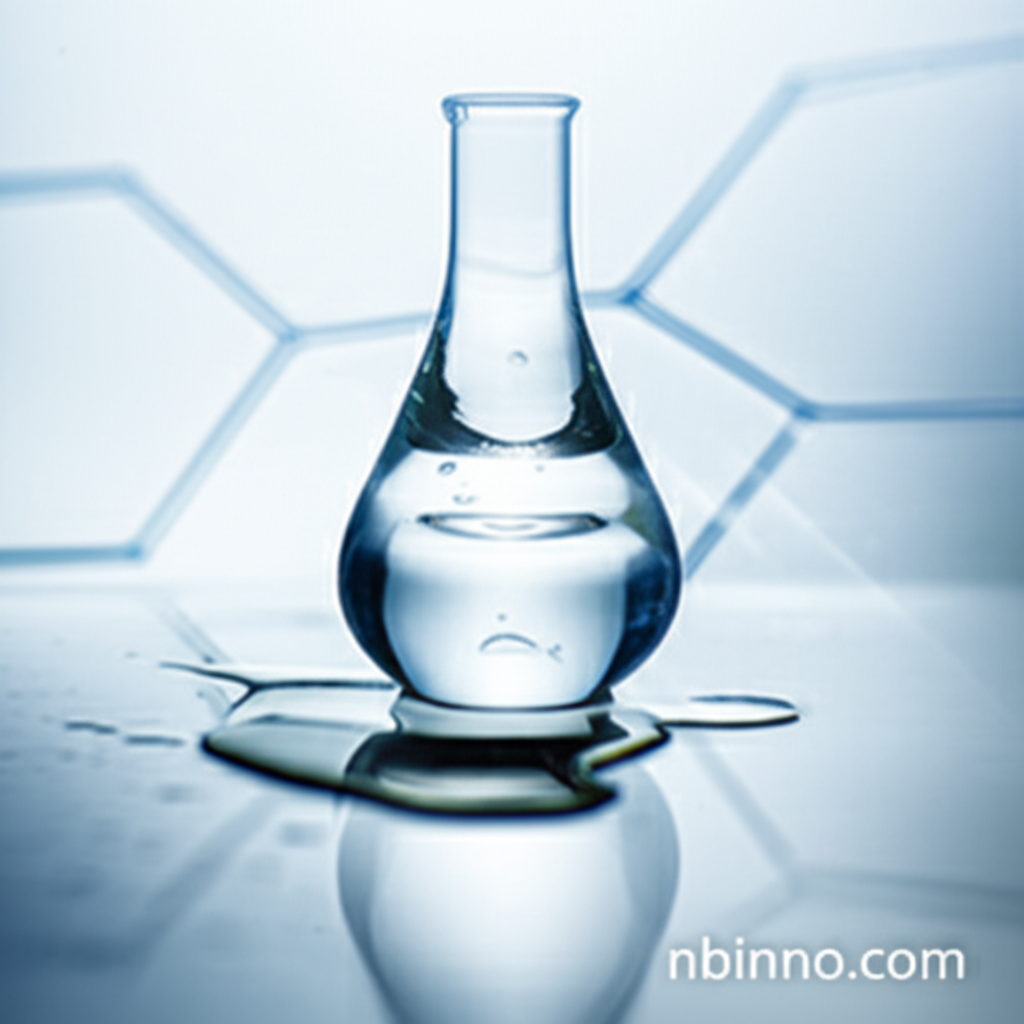Polypropylene Glycol (PPG): Properties, Applications, and Benefits
Discover the versatile applications of Polypropylene Glycol (PPG) in industries ranging from cosmetics to industrial manufacturing.
Get a Quote & SampleProduct Core Value

Polypropylene Glycol
Polypropylene Glycol (PPG) is a versatile chemical compound with a wide array of industrial and commercial applications. Its unique properties as a lubricant, solubilizer, and defoaming agent make it invaluable across various sectors.
- Explore the critical role of polypropylene glycol for oil drilling operations, enhancing efficiency and performance.
- Understand the water treatment applications of PPG, contributing to cleaner and safer water systems.
- Discover the cosmetic uses of PPG, where it functions effectively as an emollient and lubricant to improve product feel.
- Learn why PPG is a preferred anti-foaming agent in coatings and hydraulic oil applications, reducing unwanted foam generation.
Advantages Offered by PPG
Versatile Chemical Intermediate
PPG serves as a crucial intermediate for esterification and etherification reactions, enabling the synthesis of various complex chemical compounds.
Enhanced Lubricity and Stability
With excellent lubrication and anti-foaming properties, PPG improves the performance and stability of industrial fluids and manufacturing processes.
Wide Range of Applications
From textile processing auxiliaries to key components in polyurethane foam production, PPG's adaptability makes it a sought-after material.
Key Applications
Oil Drilling Auxiliary Agent
PPG is widely used as an oil drilling auxiliary agent, contributing to improved drilling fluid performance.
Water Treatment
Its properties make PPG an effective agent in various water treatment processes.
Cosmetics and Personal Care
In cosmetics, PPG acts as an emollient and lubricant, enhancing product texture and feel.
Industrial Manufacturing
PPG is utilized in coatings, hydraulic oils, and as a component in polyurethane foam production.
